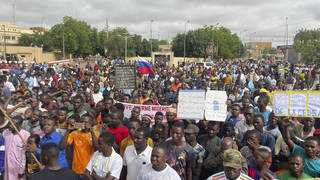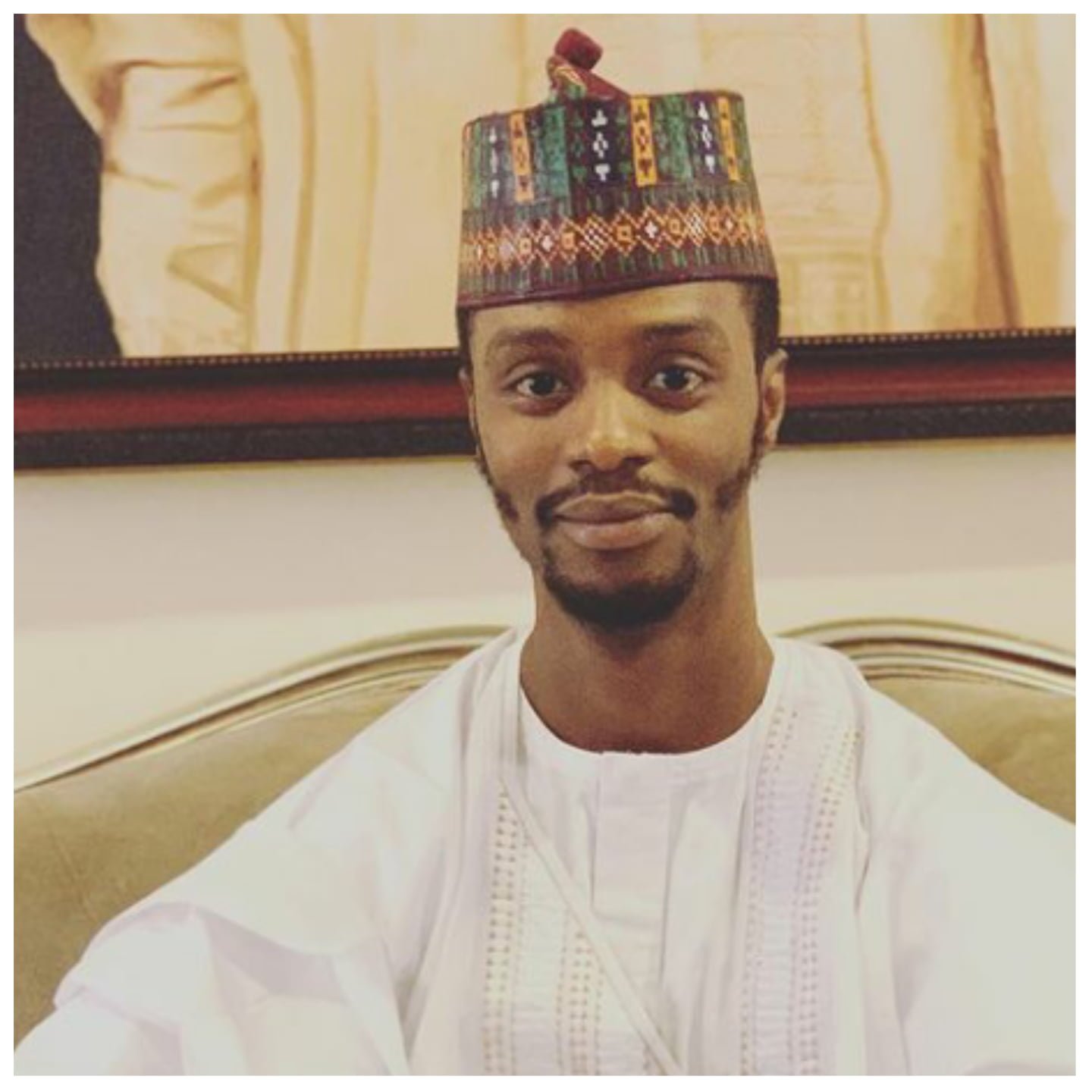REUTERS
West African defence chiefs have drawn up a plan for potential military intervention if Niger’s coup is not overturned by the weekend, a leader from the regional bloc said on Friday, after mediation failed in a crisis that is troubling global powers.
The Economic Community of West African States (ECOWAS) has given Niger’s coup leaders until Sunday to step down and free elected President Mohamed Bazoum.
The bloc has taken a hard stance on last week’s takeover: the seventh coup in West and Central Africa since 2020.
Given its uranium and oil riches and pivotal role in the war with Islamist rebels in the Sahel region, Niger has strategic significance for the United States, China, Europe and Russia.
Under the intervention plan, the decision of when and where to strike will be made by heads of states and will not be divulged to the coup plotters, Abdel-Fatau Musah, ECOWAS commissioner for political affairs, peace and security, said.
“All the elements that will go into any eventual intervention have been worked out here, including the resources needed, the how and when we are going deploy the force,” he said at the close of a three-day meeting in Nigeria’s capital Abuja.
The 15-nation body has already imposed sanctions on Niger and sent a delegation to its capital Niamey on Thursday seeking an “amicable resolution”. But a source in the entourage said that they were rebuffed and did not stay long.
“We want diplomacy to work, and we want this message clearly transmitted to them that we are giving them every opportunity to reverse what they have done,” Musah said.
Nigerian President Bola Tinubu told his government to prepare for options including deployment of military personnel, in a letter read out to the Senate on Friday. Senegal has also said it would send troops.
‘DEVASTATING CONSEQUENCES’
The junta has denounced outside interference and said it would fight back.
The 59-year-old coup leader, Abdourahamane Tiani, served as battalion commander for ECOWAS forces during conflicts in Ivory Coast in 2003, so he knows what such intervention missions involve.
Support for him from fellow juntas in neighbouring Mali and Burkina Faso could also undermine the regional response. Both countries have said they would come to Niger’s defence.
Detained at the presidential residence in Niamey, Bazoum, 63, who was elected in 2021, said in his first remarks since the coup that he was a hostage and in need of U.S. and international help.
“If it (the coup) succeeds, it will have devastating consequences for our country, our region and the entire world,” he wrote in a Washington Post opinion piece, backing ECOWAS’ economic and travel sanctions.
The junta has cited persistent insecurity as its main justification for seizing power, but data on attacks shows security had actually been improving, while violence has soared since juntas took control in Mali and Burkina Faso.
Like the leaders of those countries, Niger’s junta revoked military cooperation pacts with former colonial power France.



Connect with us on our socials: